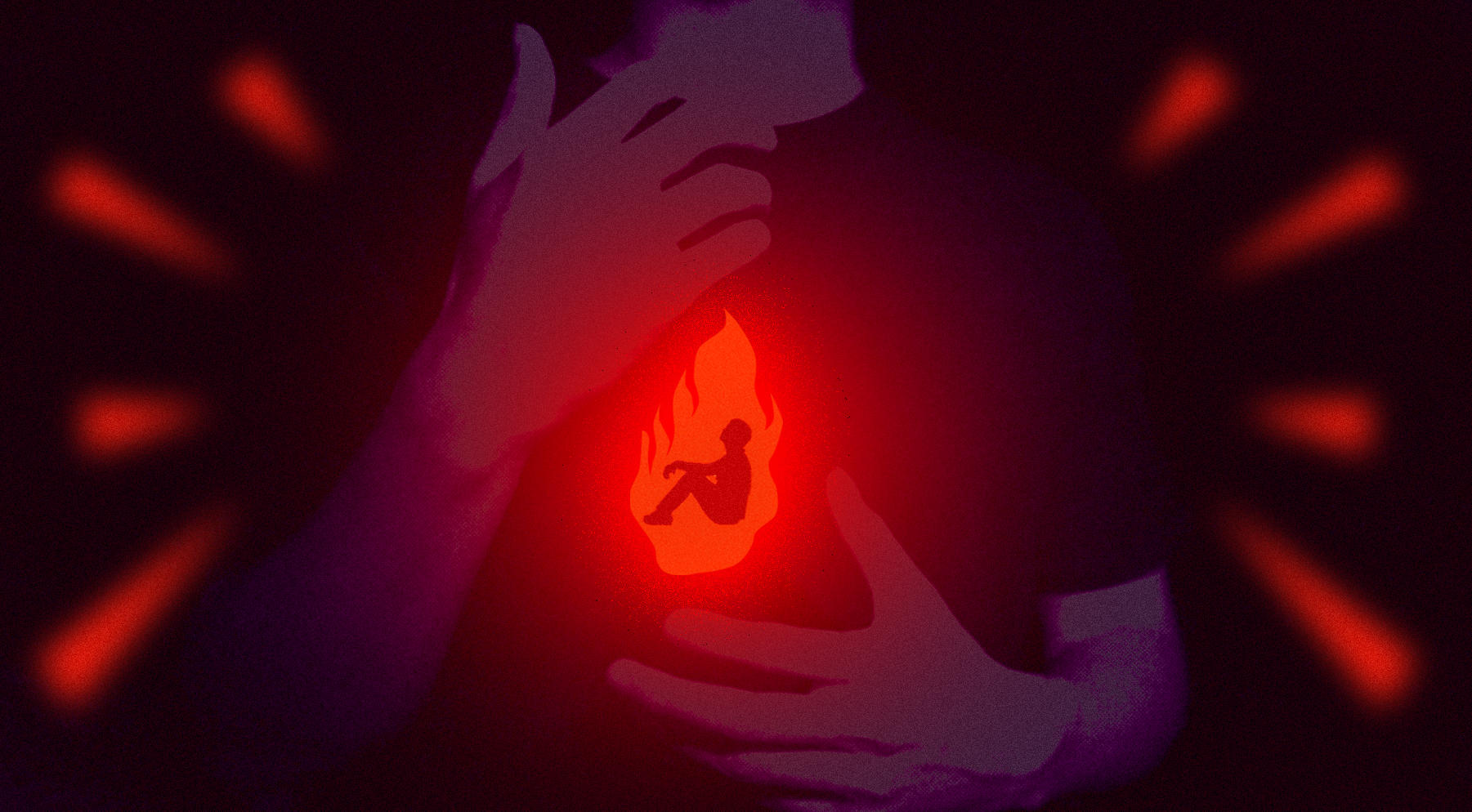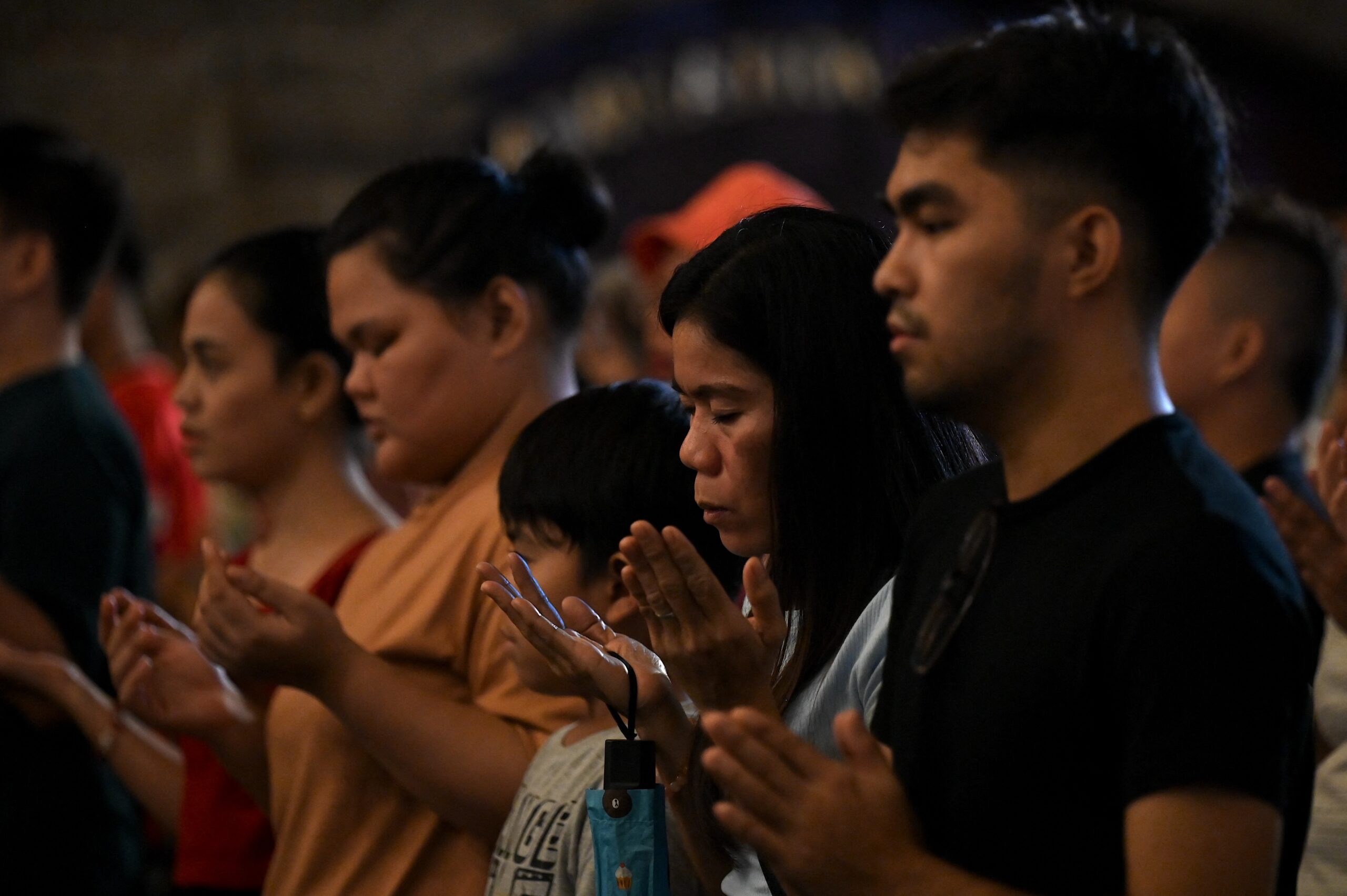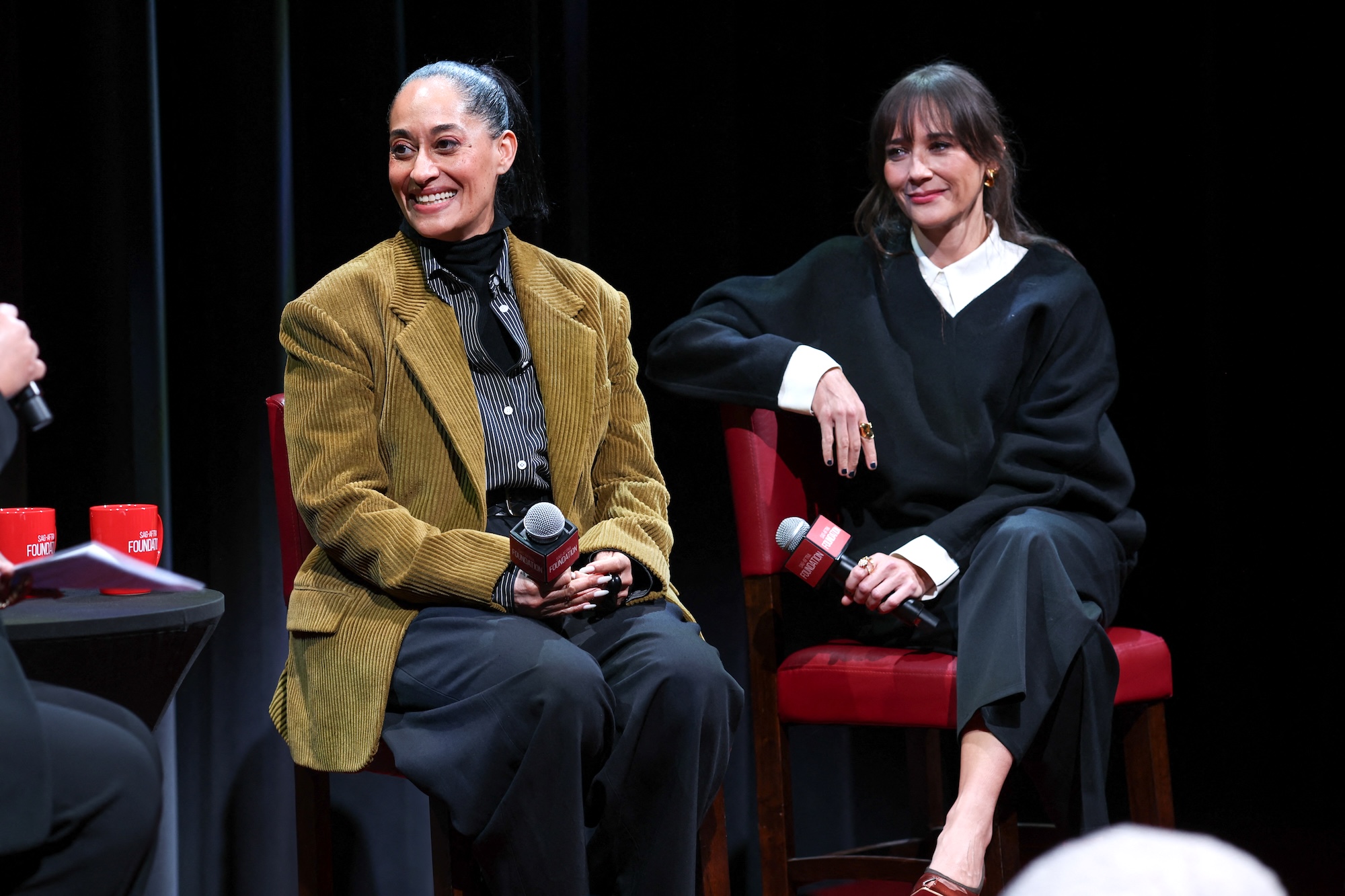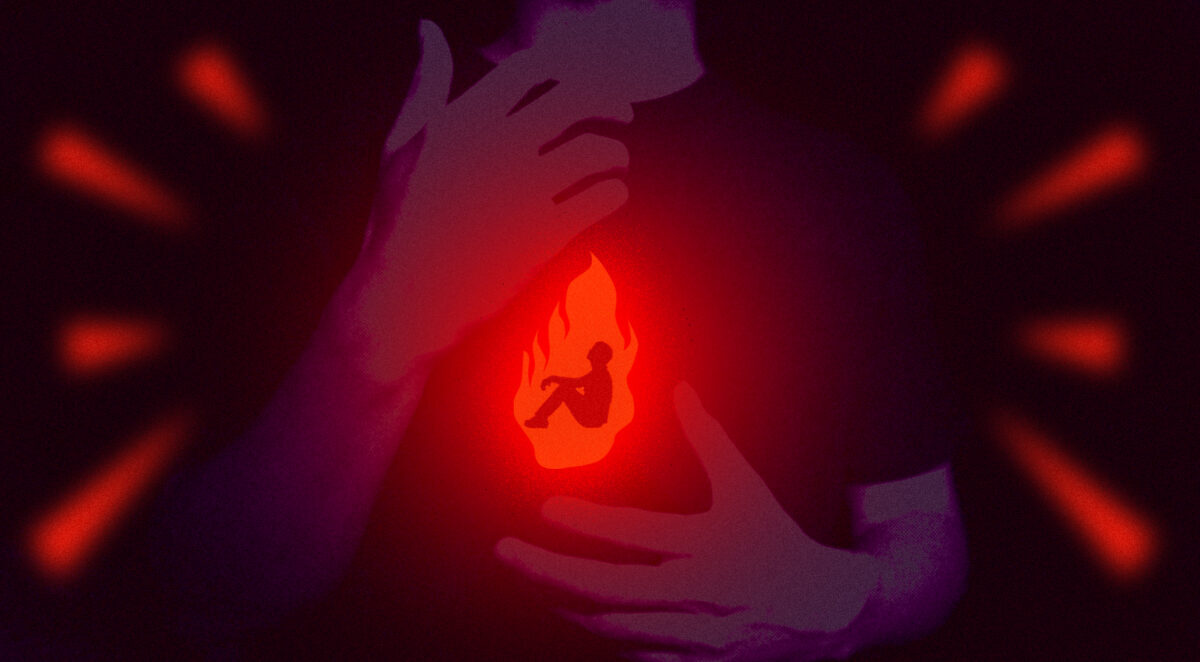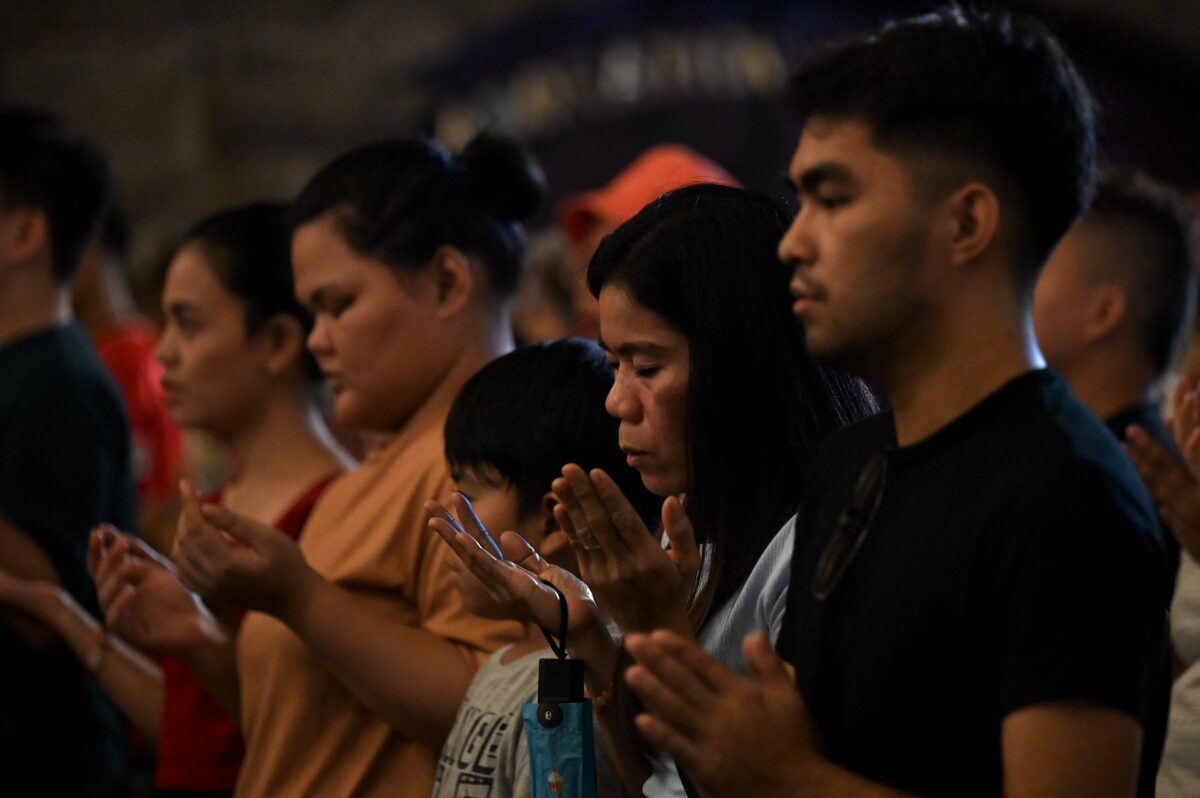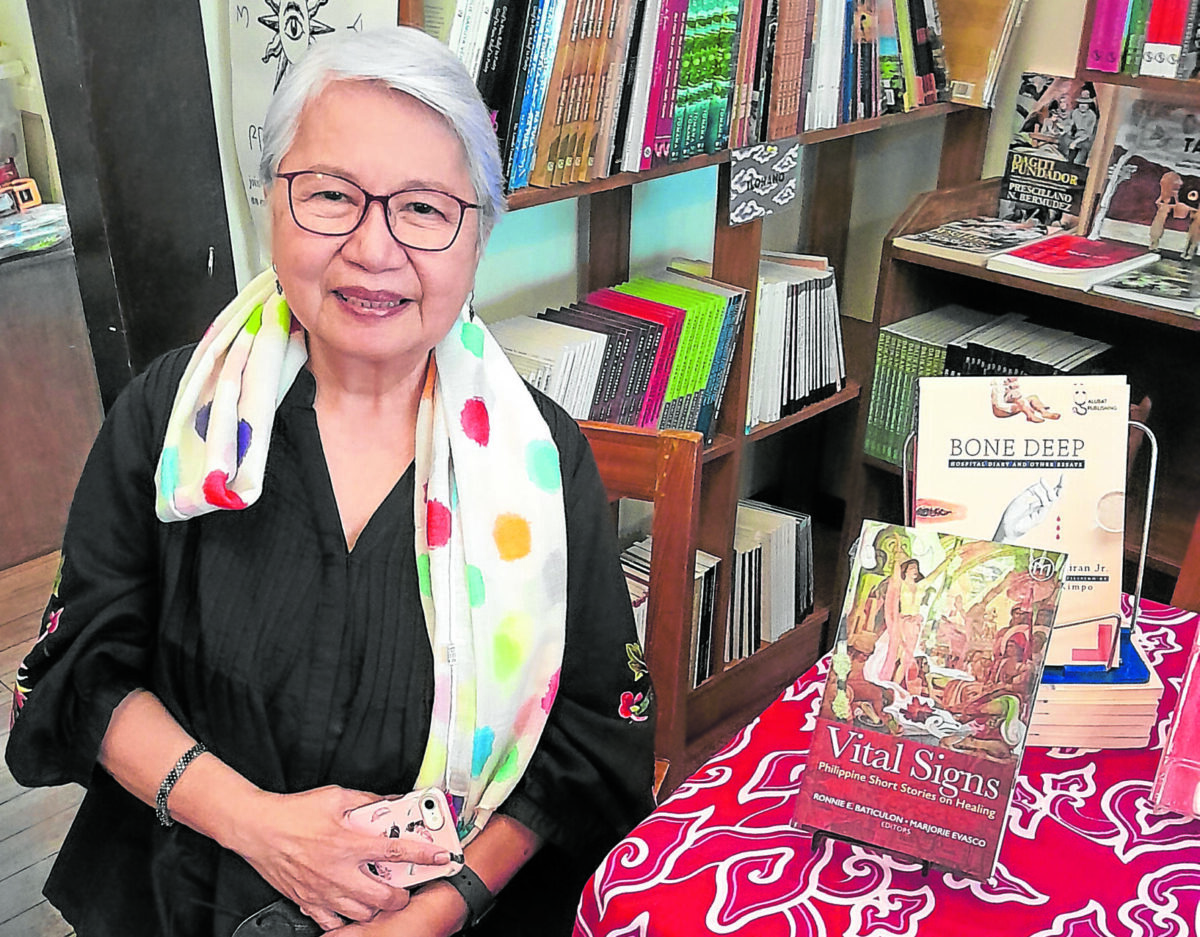
A major issue in José’s writings is land-ownership and the misguided elite.
In 1902, the Philippine Commission enacted the Land Registration Act in which real-estate ownership may be confirmed and recorded in the government archives.
The Filipino educated elite that had contacts in Manila and understood the bureaucratic system filed ownership of all cleared lands. Overnight the original settlers became laborers-tenants. One of the victims was José’s grandfather in Pangasinan.
The rapaciousness of the Philippine elite is the subject of “The Feet of Juan Bacnang.”
Bacnang is an illegitimate boy who grew up in Ilocandia. He flees to Manila after killing his rival friend. The motive was jealousy over a girl, Aning.
His mother has told him about his rich mestizo father in Manila, Sen. Juan de la Cruz III, a guerrilla in World War II.
In spite of his having many women and children in and out of wedlock, the senator does not have any male heir. After meeting Bacnang and after much scrutiny, the father happily accepts Juan.
He is now John Bacnang de la Cruz IV. He enrolls at the State University, takes up law, and is a third-placer in the bar examination.
From then on, Juan is on an ascent to power and wealth, which entails corruption, murder and generous rewards to his mistresses and allies.
After his first “accidental” murder of a boyhood friend, doing wrong is easy.
“Although he admitted the sin, that admission became just one more plate, one more scale on his body armor. Soon came a time when sin or crime became not a moral condition but just one of those social impediments to be avoided.”
Cronies, allies
He accumulates close allies, trusted fellow Ilocanos. He also rescues his first love, Aning, who left home to find work in Manila as a prostitute. Bacnang gets her educated, housed in better quarters, but she remains one of his mistresses.
He marries Bibi, a socialite from a rich family in Negros. She dies of cancer after giving birth to his twins.
The novel begins with Bacnang making his last will and testament and his resolve to commit suicide. It closes with an unfinished memoir by Narcisco Tured, whose eyes were gouged by Bacnang’s thugs who made the crime appear as a robbery—again, one of those irrational crimes committed with impunity all over the country, unsolved, without their causes, origins explained.
It is through the eyes of Narciso A. Tured, an honest Ilocano newspaper columnist, that Bacnang’s story is told.
Bacnang was born with unusual feet. “The toes were joined by a thick ligament, very much like what forms the webbed feet of ducks.” Bacnang’s father has passed the same features. And Bacnang passes the same features to his son, Anos.
“Were the ugly feet his damnation, the sordid emblem of his birth?” asks José.
Machiavellian
The philosophy behind Bacnang’s actions is Machiavellian. Niccolò Machiavelli’s (1469-1527 AD, Florence, Italy) little book, “The Prince,” teaches that governing must be pragmatic—that all means (legal and illegal) are justified in order to obtain political power. A prince can attain political power in four ways: by his own abilities; by the use of fortunate circumstances; by political inheritance; and by crime or cruelty. Bacnang uses all of these.
His senator-father advises him: “Look around you, around us. It is those who know the people, their strengths and weaknesses, how they will react as individuals—not citizens of a town, a region or nation. Look around you—because we are individuals and not citizens, we commit crimes, we abuse others, all in the name of our family, our clan…. We have no memory at all—the kind of memory that will build a nation.”
Bacnang also cultivates loyalty and sets up a private army in the guise of security agency. It is headed by three retired Ilocano colonels, all graduates from the Philippine Military Academy—furnishes electricity to his town, asphalts the roads and provides medical care, recruits “a tight corps of young people loyal to him, willing to suffer and even kill for him.”
Bacnang fully exploits the financial and political inheritance as well as social connections from his father.
He also perpetrates crimes by proxy: “There was a time when he studied them—their habits, their weaknesses and how they could all be disposed of quickly—these, the people he killed, not with his hands, but by men who acted his final order.”
Colonialism
José traces the historical roots of leaders’ malaise: “The moral decay was a slow process exacerbated by the Japanese Occupation, when all the rules were thrown out and each man was for himself. The elite, conditioned by colonialism, collaborated all through our history with the imperialists. Like most of us, they imbibed the vices, not the virtues, of our rulers—the sense of honor of the Spaniards, the enterprise and democratic ethos of the Americans, and the discipline and sense of nation of the Japanese. And like the imperialists, the rich Filipinos send their loot abroad—the Chinese to China and Taiwan, the Spanish mestizos to Spain and Europe, and the indios like Marcos to Switzerland and the United States.”
In his conversation with Bacnang, Tured observes: “What went wrong in the past is what will go wrong with our present leaders, Mr. De la Cruz, including the man you believe in. They never transcended themselves, their great egos—and, of course, their familial and ethnic loyalties. This is the reasons we are not a nation. There is always something for them, something tucked in fine print, in their subconscious.”
According to José, colonialism exists in subtle forms. “But is colonialism really over? We all know that it is not, that its more pernicious variety is domestic colonialism. McDonald’s, Toyota, Harry Potter—we may not be aware of them as such, but these are the cloying harbingers of domination and control. Listen, the logic of colonialism is exploitation, and therefore, no matter what guise it takes when it beguiles us—to spread Christianity, to make the world safe for democracy and civilization—forget these. Colonialism is immoral.”
He calls for the unmasking of Filipino colonialists. Colonialism also persists because its acolytes, the colonialists left behind in their former colonies, have successfully co-opted the ideas and the slogans of revolution. The fraudulent claim to nationalism is not unmasked. They then colonize their own people.
Oligarchs
A recurrent theme in his writings is leadership. José upbraids the early Filipino leaders (the intelligentsia) for cowering before the Spaniards, and the American colonizers.
These Filipinos were divided by ethnic rivalries. Thus Emilio Aguinaldo was betrayed by other rival “tribes” to the Americans. Their selfish tribal rivalries blinded them from having a national vision. On the other hand, Rizal, showed his nationality by overcoming the tribalism. This point stands out in his novels. So does it come out in José’s novel.
Hence, for José, the greatest enemy of the nation is the oligarchs: The American reformer, Wendell Phillips, confirmed the Colorums. He said: “If you hold land and land is in the hands of a few, you do not have democracy—you have an oligarchy.”
Why did the oligarchs like Bacnang prosper? “Simple. They co-opted the slogans of nation. They proclaimed themselves as nationalists who protect us from all foreign incursions in our economy, in our culture. Decolonize your minds, they cry out. Yes! They are powerful because we believe them.”
Why are they powerful? “…because they are rich. They buy politicians, bureaucrats, police and army officers, even the justices of our highest court. Remember that saying: He is the best Chief Justice that money can buy!”
What is his solution to solve corruption? He puts his mind in the mouth of Tured: “First, we must locate them, then look at ourselves, our strengths and our weaknesses which they have exploited.”
José’s social philosophy in summary: The country has no sense of nationhood because the leaders have been concerned about themselves according to Machiavellian principles. Because they have no loyalties but are led by their greed, they side with whoever has the power.
Father Mercado is a member of the Society of the Divine Word (SVD). As philosopher and theologian, he has written extensively on Filipino values and history. He is director of the SVD Mission Education and Research.


